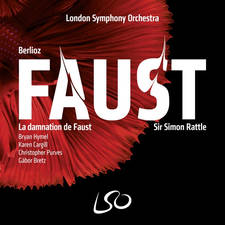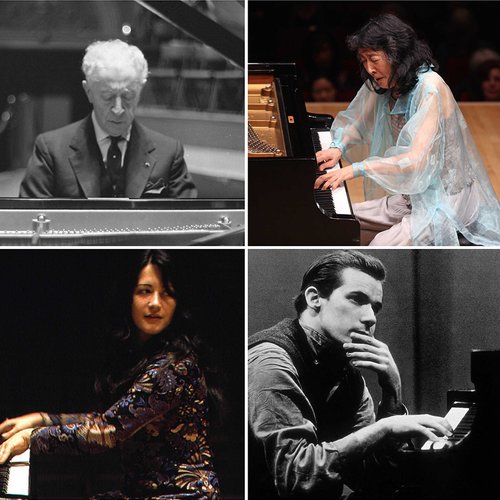The ‘Pathétique’: Tchaikovsky takes us on a journey from darkness to darkness
12 July 2013, 09:40 | Updated: 30 March 2018, 13:25

TCHAIKOVSKY - Symphony no6 (Pathetique) - Herbert von Karajan & Wiener Phil
46:48
Tchaikovsky thought his Symphony No. 6 was the best thing he'd ever written - but this masterpiece was unremittingly bleak.
All of Tchaikovsky's symphonies are mini-dramas in both human and musical terms - and that was always the composer's intention.
Writing to his favourite pupil, Sergei Taneyev, Tchaikovsky said: "I should be sorry if symphonies that mean nothing should flow from my pen... Shouldn’t a symphony reveal those wordless urges that hide in the heart, asking earnestly for expression?"
22 inspiring composer quotes >
Tchaikovsky's Symphony No. 6, known as the 'Pathétique', is nothing if not revealing about his emotional struggles against what he saw as hostile forces.
It’s clear from the opening moments in the dark key of B minor, that this is a lament – although Tchaikovsky never gives us any details about the heartfelt loss for which he grieves.
When asked about the programme or meaning behind his symphony, he said: "Let them puzzle their heads over it." But he did admit that the "programme is subjective through and through, and during my journey I often wept bitterly while composing it in my head."
Completed in 1893, the symphony's four movements buck the trend of the romantic symphonies of the time. If you started in a minor key, convention had it that the symphony should move from darkness to light - in other words, it would finish in a major key. But Tchaikovsky’s musical journey from darkness to darkness leaves you exposed to his bleak despair by stubbornly staying where it began.
And here's why you should listen to the Sixth Symphony right now >
Along the way, there are quotes from the Russian Requiem service in the first movement, then attempts at a waltz in the second in a fleeting attempt to lift the mood.
The march of the third movement hints at perseverance and even success with a triumphal end, but ultimately the composer’s overwhelming despair and resignation takes over for the final movement.
But it’s not all gloom and doom! It seems Tchaikovsky was happiest when he was composing the saddest of music, and in a letter to his nephew he declared that this symphony was the best thing he’d composed.
He must have been disappointed by the cool reception he got when he conducted the premiere in October 1893, but it’s the events that followed that add an unbearable sense of tragedy and foreboding to the music.
With St. Petersburg in the grip of cholera, he drank unboiled water, and was dead within four days. The stories and speculation which surround the circumstances of Tchaikovsky’s death are for another day, and it was left to the composer’s brother Modest to add the most fitting of titles, 'Pathétique'.


























